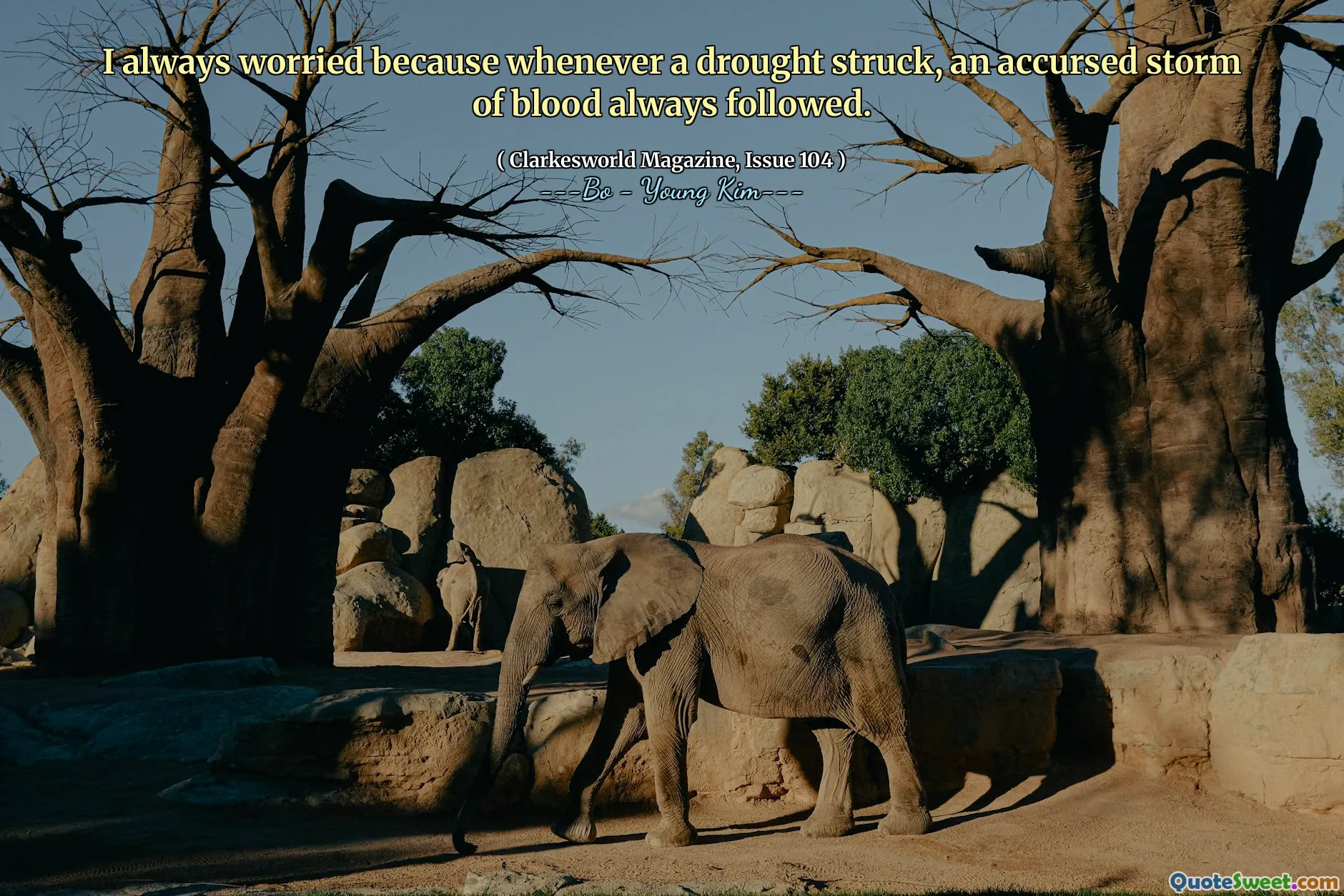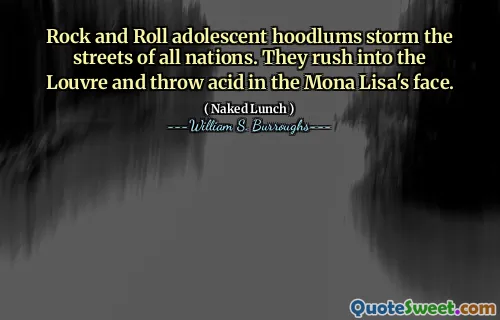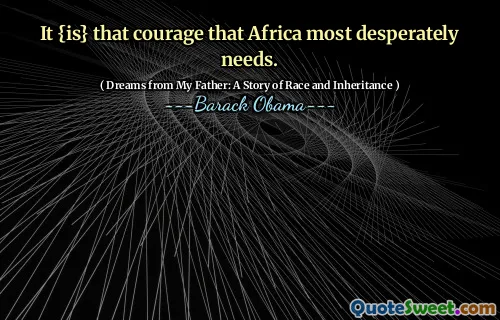
I always worried because whenever a drought struck, an accursed storm of blood always followed.
This quote evocatively captures the cyclical nature of disaster and violence, suggesting a deeply ingrained relationship between drought and bloodshed. The speaker’s concern indicates an awareness of the inevitable chaos that often accompanies periods of scarcity and hardship. Droughts, traditionally associated with environmental hardship and famine, metaphorically represent times of emotional or societal drought—moments of deprivation, loss, or stagnation. The 'storm of blood' that follows is emblematic of violence, chaos, and the breakdown of social order, implying that hardship often breeds suffering and conflict. Such imagery compels us to reflect on how adversity can catalyze destructive behaviors, perhaps rooted in desperation, fear, or competition for limited resources. Historically and psychologically, stress and scarcity tend to inflame tensions and spark violence, which this quote encapsulates powerfully. Additionally, it invites us to consider the patterns of history—how crises often lead to suffering not just for the afflicted but also for innocent bystanders. The forewarning tone emphasizes the inescapability of this cycle, prompting questions about whether humanity can break free from these destructive patterns or if they are inherent to the human condition during times of hardship. This piece deeply resonates with themes of societal resilience and the need for compassion and foresight when confronting crises, reminding us to be wary of the violent storms that may follow our collective droughts.





